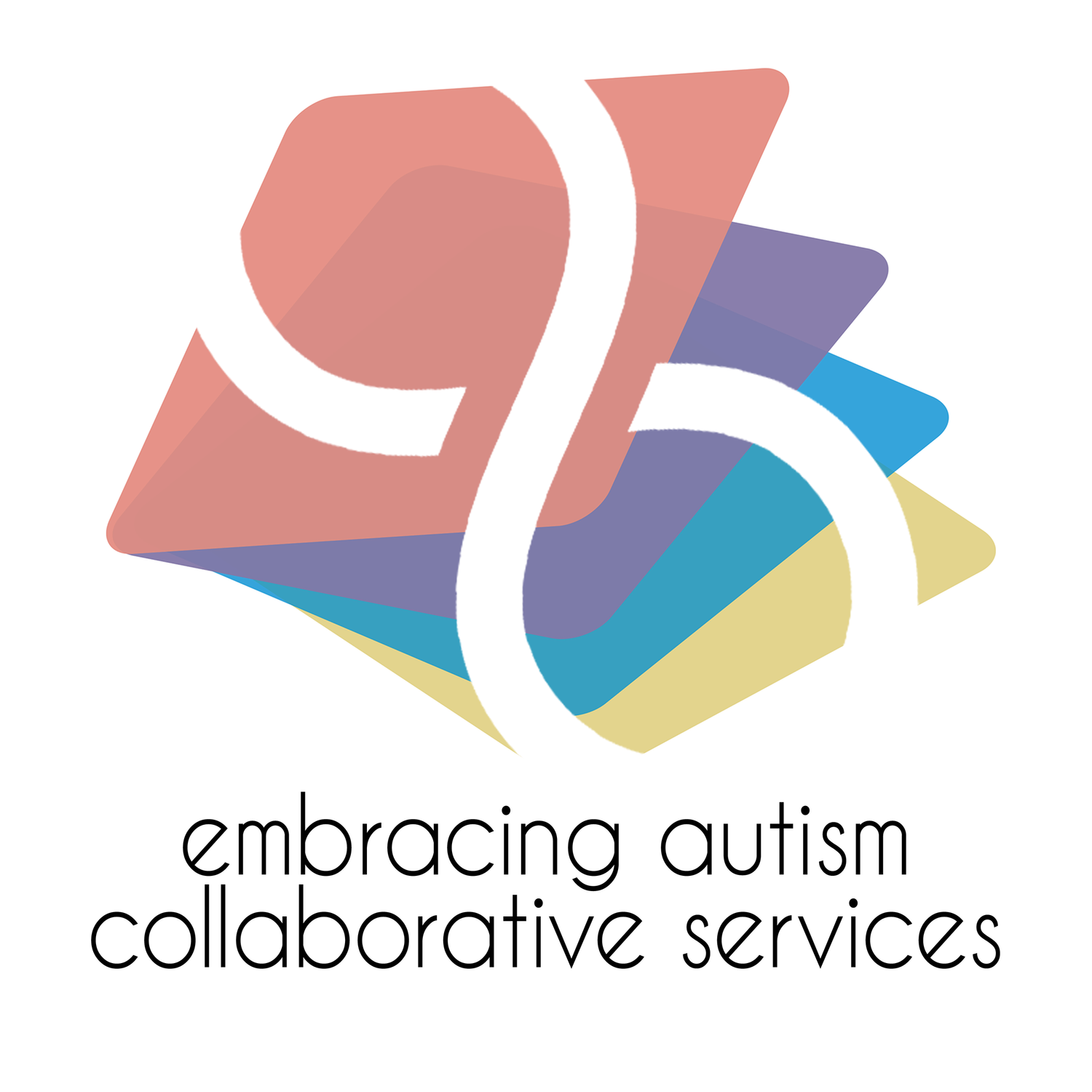Why we Don’t Teach Social Skills
Parents and caregivers of autistic children are almost always told to seek out social skills groups for their children to learn how to socialize. It seems like a logical step as part of the diagnostic criteria of autism is that a person struggles with neurotypical social norms. These struggles impact people later in life as most research on outcomes for adult autistics show high levels of social isolation (Howlin & Magiati). But what are these social groups teaching autistic children? At EACS we argue that most social skills curriculum teach autsitic children to mask their autism to fit in with their neurotypical peers. Masking is when an individual conceals their neurodivergent or other less socially acceptable traits in order to fit in. All people mask but research has shown that autistic masking specifically is linked to an increase in depression and suicidal ideation in autistic adults (Miller, Rees and Pearson). In most social skills groups directed at autistic children a focus is put on skills such as eye contact, learning small talk and how to engage with neurotypical people in ways that they like, even if those are all things that the autistic person doesn’t like or even makes them uncomfortable. The underlying message is that the way you are, other people dislike, and therefore you need to change.
Autistic children need to learn to understand their own brains and bodies rather than constantly being taught about how to appease neurotypical people. If a person understands their own needs they can explain those needs to others and advocate for themselves in social settings. This approach allows autistic kids to learn to engage with others on their own terms. We have found that most people accept the needs and eccentricities of others when given context. And potentially the most important lesson-if a person isn’t willing to accommodate your disability or difference then they are likely not a person to connect with.
At EACS we have provided a safe space for autistic children to engage with other autistic children. We work on self advocacy, understanding your own emotions and those of others. Children may start participating in small talk or engaging in ways that are more neurotypical but that is not due to us trying to create that but because that is what felt right for them. The idea that there is a universal experience for children to have (sports teams, prom, large social groups) in order to have a meaningful childhood is outdated and intervention needs to catch up. Autistic measures of quality of life and meaningful social interactions will likely differ from neurotypicals and that is ok. By helping children and teens understand themselves, their interests and the type of connections they want to have with others we can put them on a path for a life that is fulfilling to them.
Citations:
Howlin,P.,Magiati,I. (2017) Autism Spectrum Disorder : Outcomes in Adulthood. Current Outcomes in Psychiatry Vol 30 p 69-76 https://doi.org/10.1097/YCO.0000000000000308
Danielle Miller, Jon Rees, and Amy Pearson.Autism in Adulthood.Dec 2021.330-338 .\http://doi.org/10.1089/aut.2020.0083
